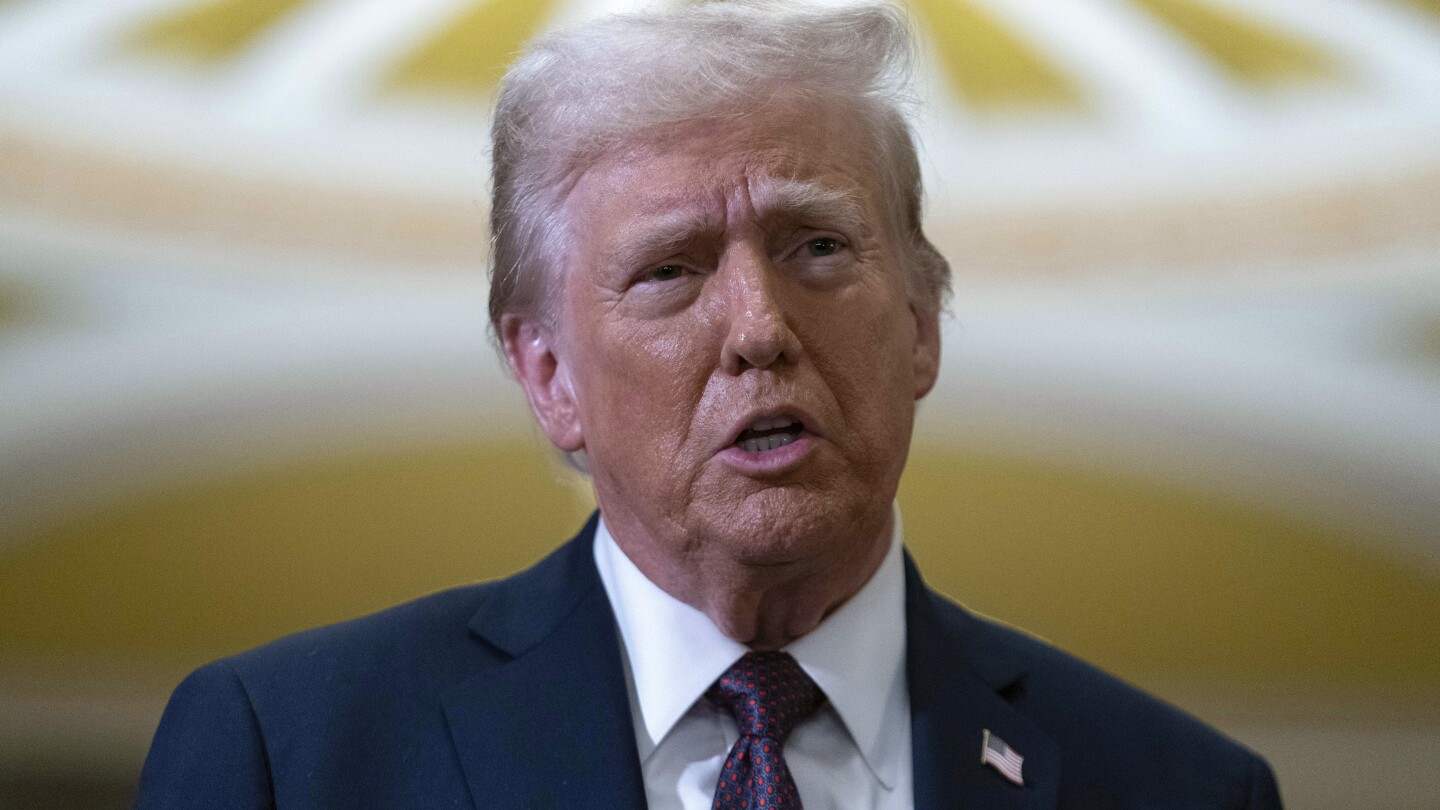The Supreme Court’s split decision on Thursday has set the stage for a historic moment in American political history, as President-elect Donald Trump faces sentencing in his New York hush money case. The 5-4 ruling marks a significant setback for Trump’s legal team, who sought to delay the proceedings scheduled for Friday.
Supreme Court’s divided ruling clears path for sentencing
The nation’s highest court ruled against Trump’s emergency motion, with Chief Justice John Roberts and Justice Amy Coney Barrett joining the court’s three liberal justices in the majority. The decision allows Judge Juan M. Merchan to proceed with sentencing in the case involving alleged payments to porn actor Stormy Daniels.
The ruling came after prosecutors argued there was no justification for the “extraordinary step” of intervention in a state case, particularly given that the sentencing hearing would be conducted virtually and last only about an hour.
Details of the case and conviction
The case centers on Trump’s conviction on 34 felony counts of falsifying business records, related to a $130,000 payment to Stormy Daniels. While prosecutors characterize the payment as an attempt to cover up the transaction, Trump has consistently denied both any relationship with Daniels and any wrongdoing.
New York courts have maintained that the convictions relate to Trump’s personal matters rather than his presidential actions. The sentencing is expected to proceed without jail time, fines, or probation, according to Judge Merchan’s indications.
Legal arguments and immunity claims
Trump’s legal team, led by D. John Sauer, his choice for solicitor general, argued that evidence used in the Manhattan trial violated the Supreme Court’s recent ruling on presidential immunity. They contended that certain testimony from White House aides and social media posts from Trump’s presidency should have been protected.
The defense also expressed concerns about the timing, arguing that proceeding with sentencing during the presidential transition period could prove disruptive. However, prosecutors countered that delaying the sentencing could push the case beyond the January 20 inauguration, potentially creating years of delay.
Notably, the court’s decision follows Justice Alito’s confirmation that he received a phone call from Trump shortly before the emergency motion was filed, though Alito stated the call pertained to a clerk matter and not any pending cases.
The four dissenting justices – Clarence Thomas, Samuel Alito, Neil Gorsuch, and Brett Kavanaugh – would have granted the delay, but their position did not prevail in the final ruling.





